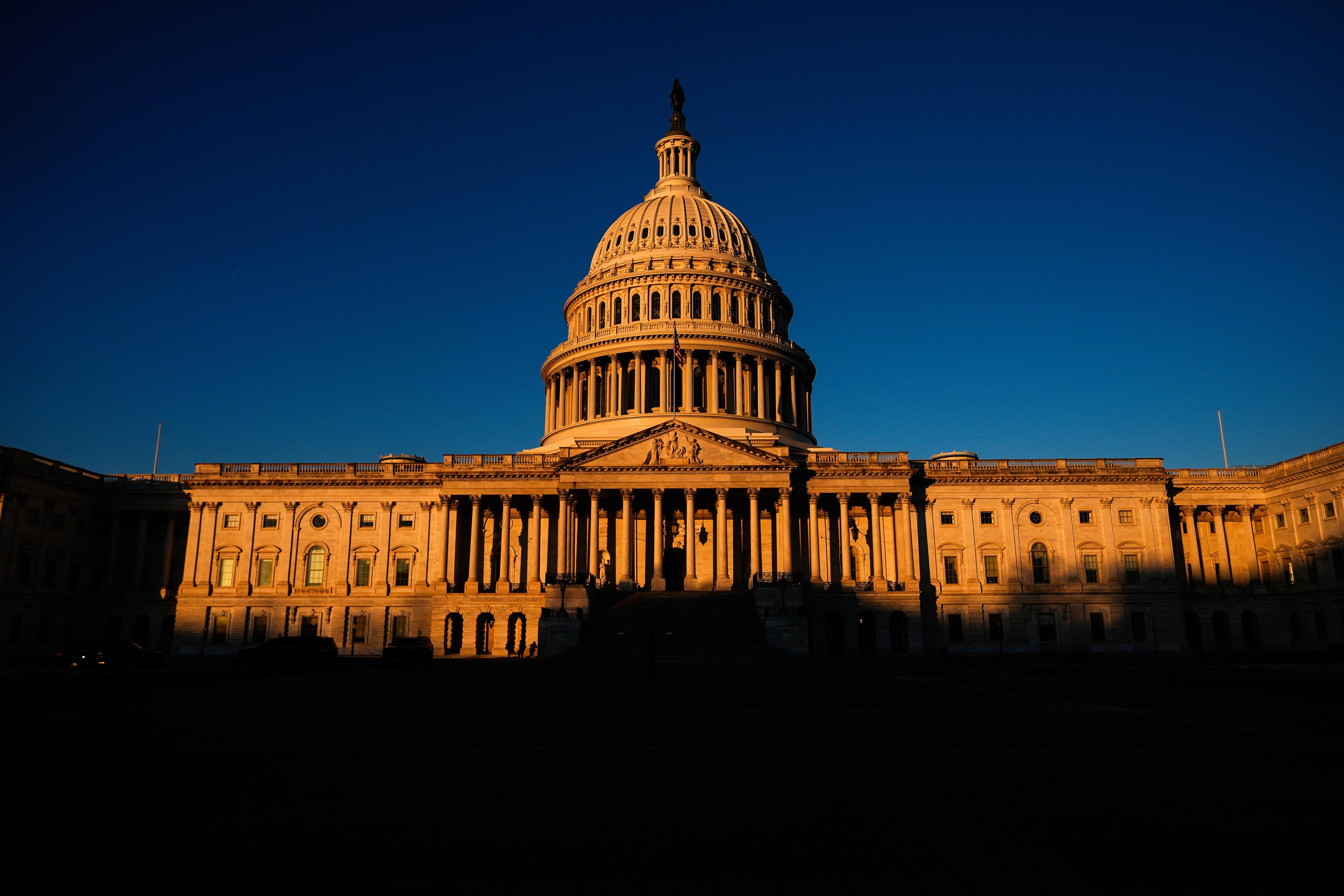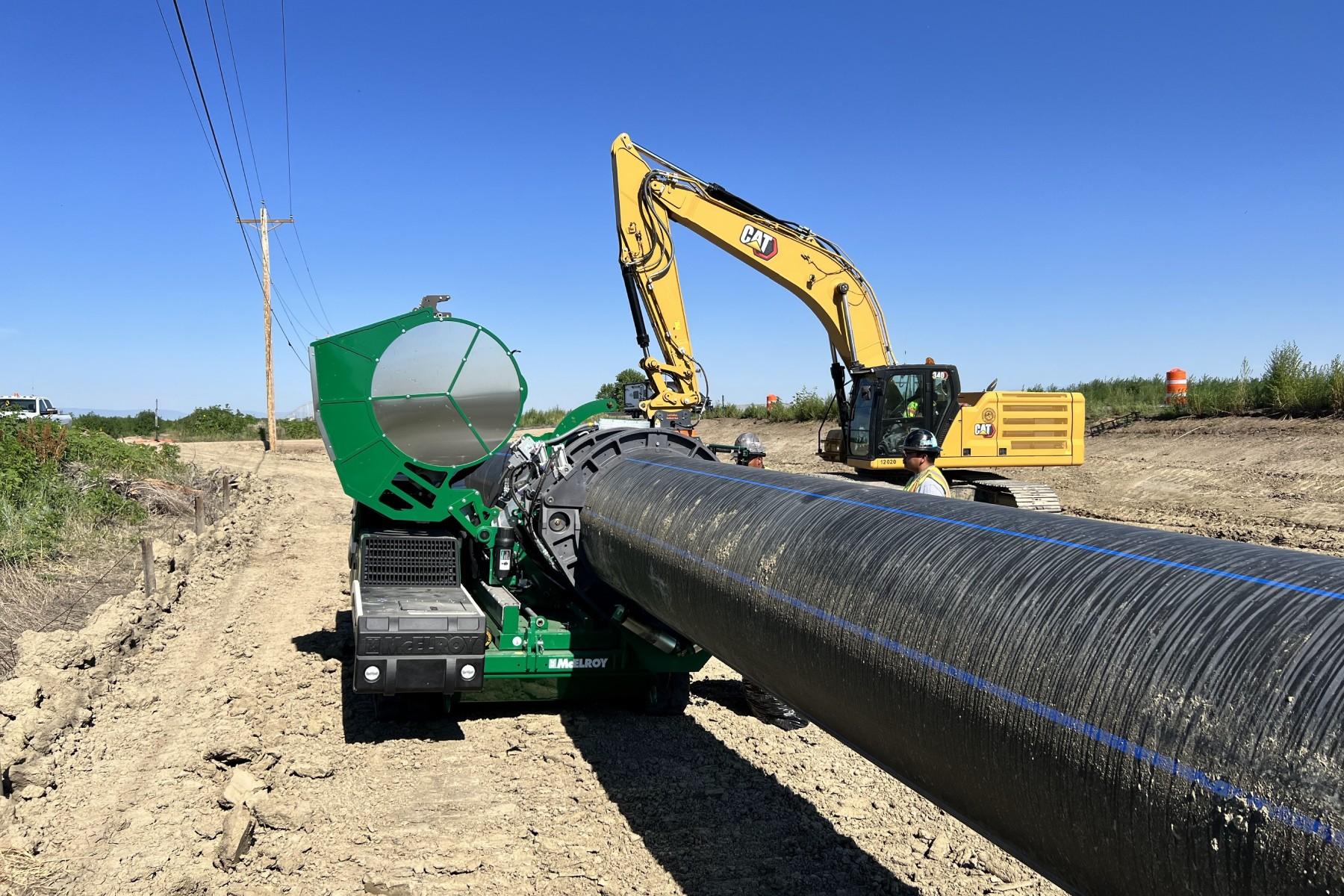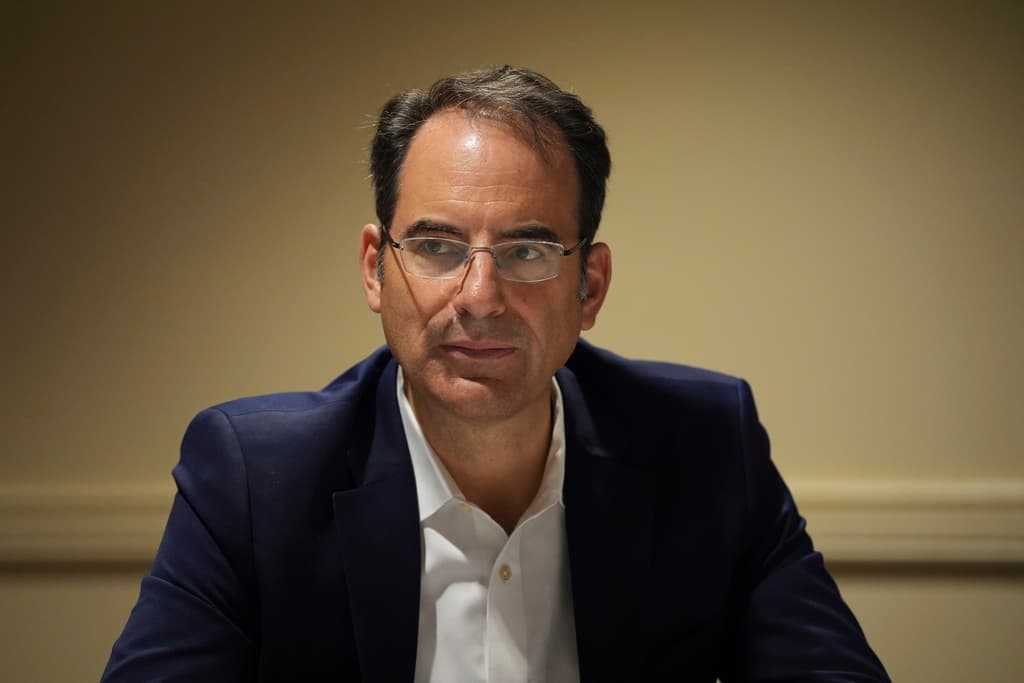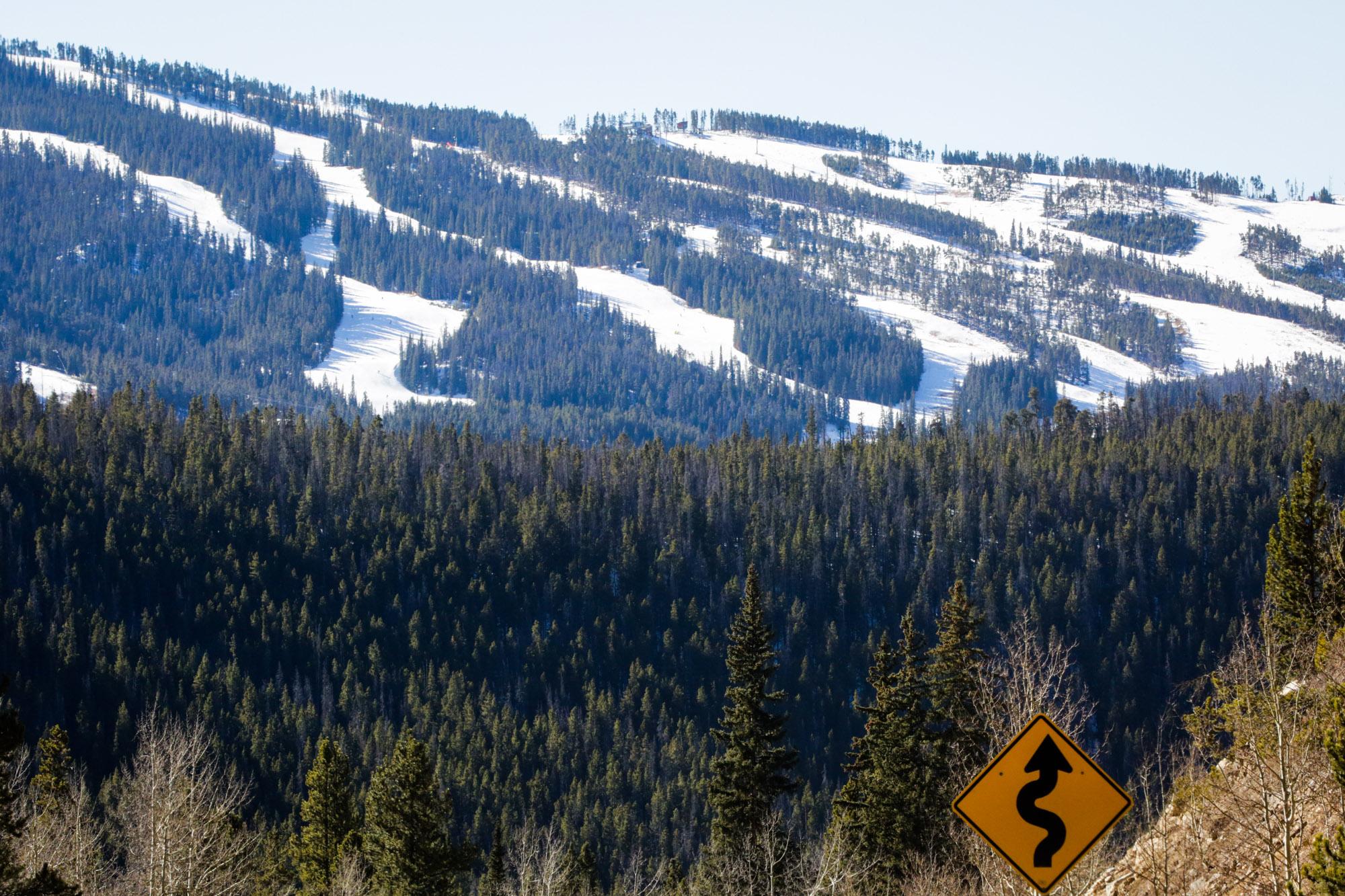Following a July recommendation from the Bureau of Land Management, the federal government has canceled 25 oil and gas leases along the Thompson Divide on Colorado’s Western Slope.
Interior Secretary Sally Jewell made the announcement Thursday in Denver.
The leases were issued to drilling companies in the White River National Forest beginning in the 1990s. But environmental groups were concerned over the impact drilling might have in an area home to various outdoor recreational activities.
Speaking at the state Capitol, Jewell said she listened to all sides before making her decision and believes it "strikes the right balance."
"All mentioned the importance of this area and the natural beauty of this area," she said. “This is a very Colorado-based solution, a state that appreciates the value of your beautiful, pristine natural areas."
None of the canceled leases are producing, according to the BLM. And they represent les than half a percent of the active leases on Colorado public lands.
Energy firms had been seeking a new government review of the forest leases after a new study estimated a much greater abundance of natural gas in western Colorado than was previously believed.
Thursday's news was not received well by the oil and gas industry.
Kathleen Sgamma, vice president of government and public affairs for Western Energy Alliance, said the decision is an overreach into personal property rights.
"We’re seeing a flurry of decisions at the midnight hour from an administration that was just waiting until after an election from which it expected to win a third term," Sgamma said.
She added that her organization is looking forward to a Trump Administration, "that is not out to actively stop responsible development of American oil and natural gas, and that honors decade-old contracts."
Conservation groups hailed the decision. Trout Unlimited and Sportsmen for Thompson Divide Coalition said in a statement that the more than 220,000 acres in the Divide area "contain some of the most productive habitat for big game, cutthroat trout and numerous other native species. The area is used by more than 10,000 resident and nonresident big game hunters every year."
“This decision demonstrates how influential a united sportsmen’s community can be in ensuring future access to healthy habitat and strong fishing and hunting opportunities,” said Steve Kandell, director of Trout Unlimited’s Sportsmen’s Conservation Project.








